Intro
Discover 5 crucial Black Widow bite facts, including symptoms, venom effects, and treatment options, to understand the dangers of these venomous spiders and their neurotoxic bites.
The black widow spider is one of the most recognizable and feared spiders in the world, known for its distinctive black body and red hourglass shape. While most people know that black widow spiders are venomous, there are many misconceptions about their bites and the effects they can have on humans. In this article, we will delve into the world of black widow spiders and explore five key facts about their bites, helping to separate fact from fiction and provide a better understanding of these fascinating creatures.
Black widow spiders are found throughout much of the world, and their bites can be a significant concern for people living in areas where they are common. While most black widow bites are not life-threatening, they can still cause significant pain and discomfort, and in some cases, more serious symptoms can occur. By understanding more about black widow bites and how to prevent them, individuals can reduce their risk of being bitten and minimize the potential harm if a bite does occur.
Despite the fear that black widow spiders often inspire, they are generally not aggressive and only bite humans in self-defense. Female black widow spiders are the ones that bite, as males do not have the same level of venom and are not typically considered a threat to humans. When a black widow spider does bite, it can release a significant amount of venom, which can cause a range of symptoms, from mild to severe. In the following sections, we will explore five key facts about black widow bites, including their symptoms, treatment, and prevention.
What are the Symptoms of a Black Widow Bite?
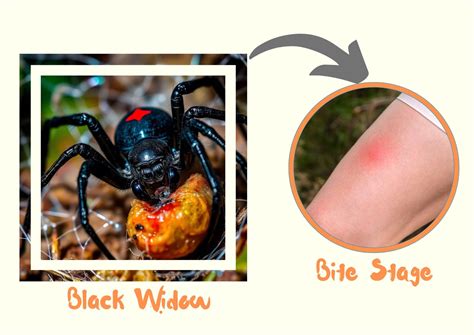
Local Symptoms of a Black Widow Bite
Local symptoms of a black widow bite typically occur within 15 minutes of the bite and can include: * Pain or swelling at the site of the bite * Redness or bruising around the bite * A characteristic "red ring" or "target lesion" around the bite * Swelling of the affected limb * Numbness or tingling around the biteSystemic Symptoms of a Black Widow Bite
Systemic symptoms of a black widow bite can occur within 15 minutes to several hours after the bite and can include: * Muscle cramps or spasms * Abdominal pain or cramping * Breathing difficulties * Nausea or vomiting * Headache or dizziness * Fatigue or weaknessHow to Treat a Black Widow Bite
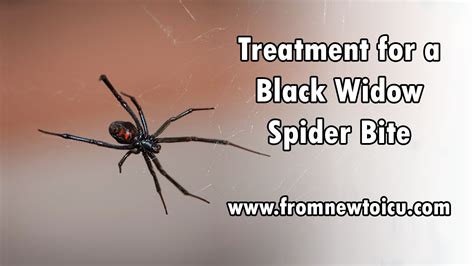
Medical Treatment for Black Widow Bites
In severe cases, medical treatment may be necessary to alleviate the symptoms of a black widow bite. This can include: * Administration of antivenom to neutralize the venom * Pain management using prescription medication * Muscle relaxants to alleviate muscle cramps and spasms * Breathing support, such as oxygen therapy, in cases of respiratory distressHow to Prevent Black Widow Bites

Black Widow Spider Habitats
Black widow spiders are typically found in dark, dry areas, such as: * Woodpiles or rock crevices * Abandoned burrows or dens * Under eaves or in attics * In gardens or landscapingWhat are the Long-Term Effects of a Black Widow Bite?
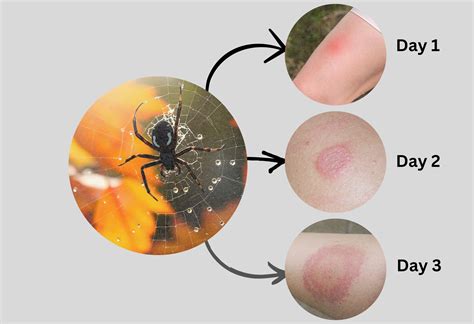
Seeking Medical Attention
If you experience any long-term effects or persistent symptoms after a black widow bite, it is essential to seek medical attention. A healthcare professional can assess your condition and provide guidance on the best course of treatment.Black Widow Bite Myths and Misconceptions
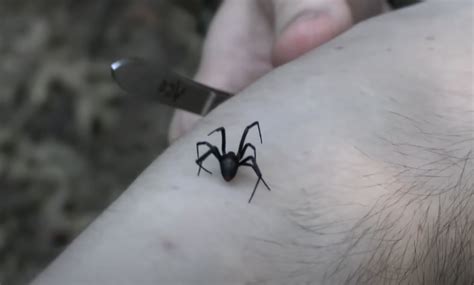
Separating Fact from Fiction
By understanding the facts about black widow bites, individuals can better protect themselves and reduce their risk of being bitten. It is essential to separate fact from fiction and to seek reliable sources of information when it comes to black widow spiders and their bites.Conclusion and Final Thoughts
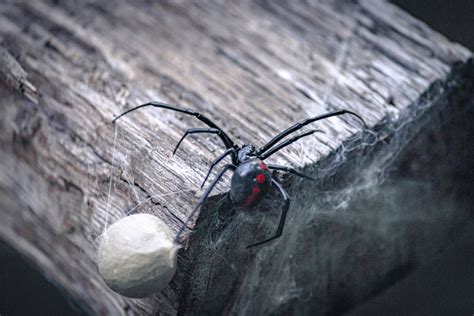
We hope this article has provided you with a comprehensive understanding of black widow bites and their effects on humans. If you have any questions or comments, please do not hesitate to share them with us. Your feedback is essential in helping us provide the best possible content for our readers. Share this article with your friends and family to help spread awareness about black widow bites and their prevention.
What are the symptoms of a black widow bite?
+The symptoms of a black widow bite can include pain, swelling, and redness at the site of the bite, as well as muscle cramps, abdominal pain, and breathing difficulties.
How can I prevent black widow bites?
+To prevent black widow bites, wear protective clothing, avoid reaching or stepping into dark or hidden areas, and seal any cracks or crevices around your home to prevent black widow spiders from entering.
Do black widow bites always require medical attention?
+No, not all black widow bites require medical attention. However, if you experience any severe symptoms, such as difficulty breathing, paralysis, or severe abdominal pain, seek medical attention immediately.
